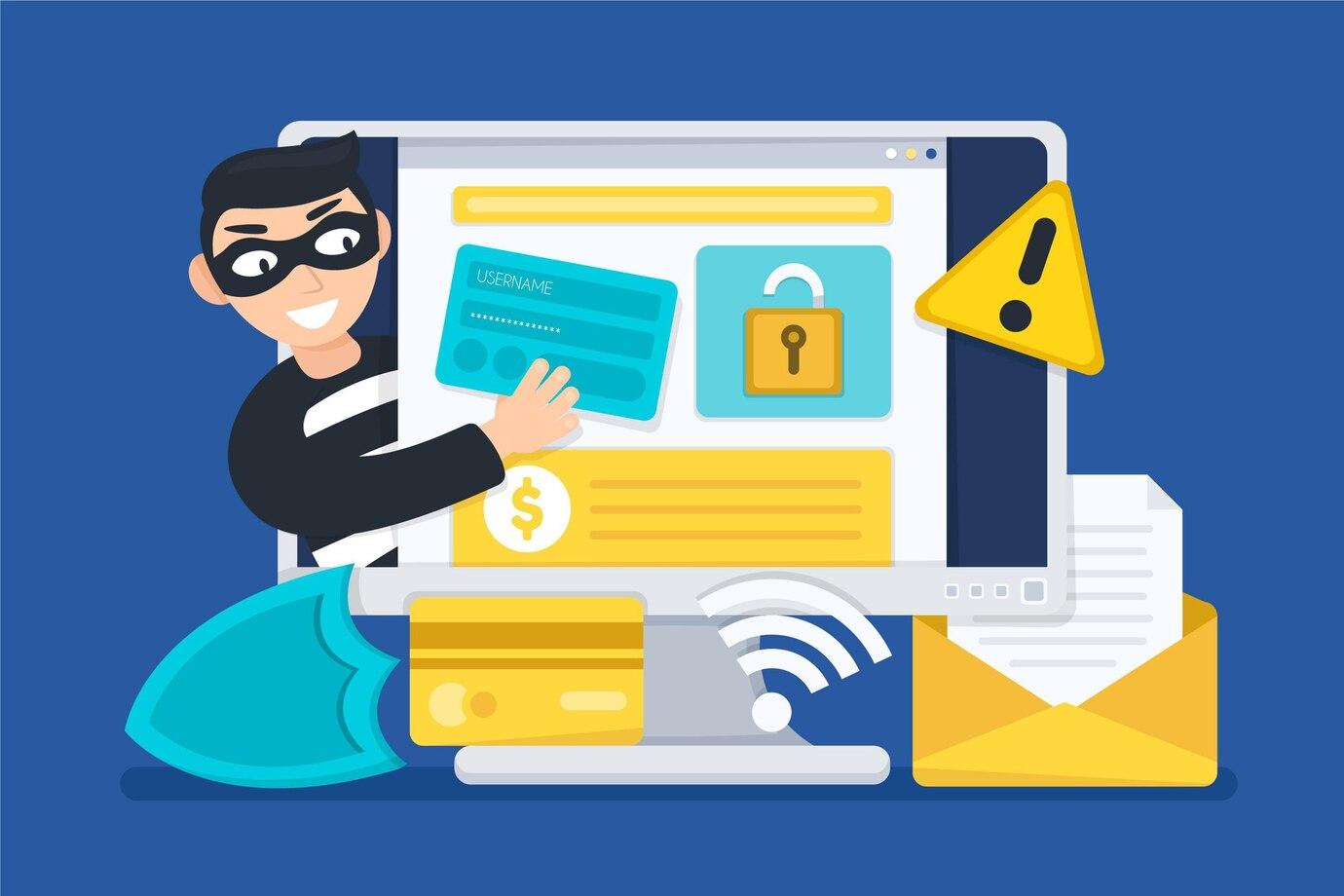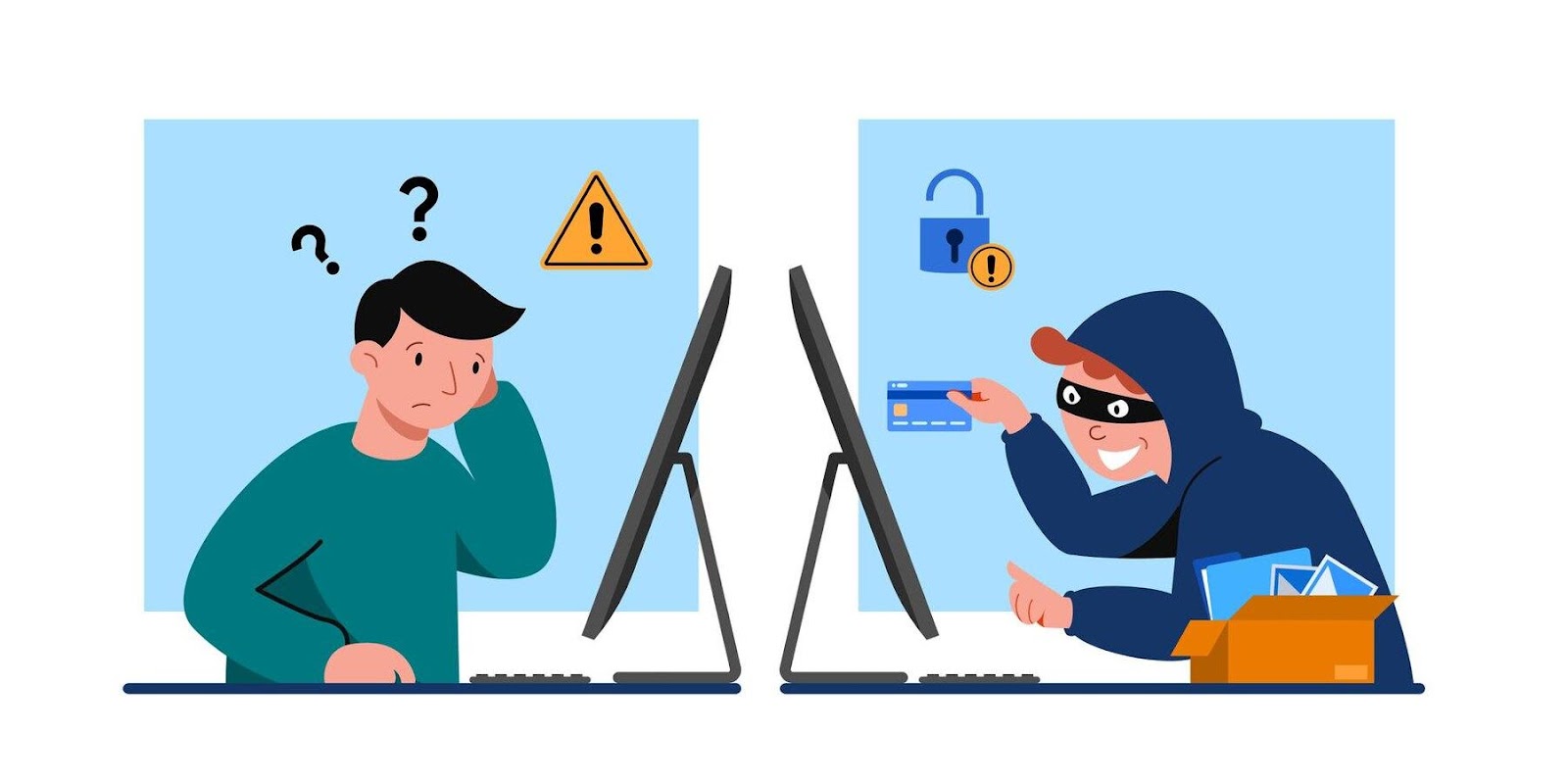In the era of globalization and rapid technological development, international online platforms are becoming increasingly popular among consumers. Online shopping allows us to access goods and services from anywhere in the world, but they also pose serious risks associated with financial fraud. One of the main tasks of every buyer is to be aware of these risks and know how to protect themselves from them.
Understanding Financial Fraud
Financial fraud is criminal malicious actions aimed at illegally obtaining money or property through deception. In the case of international purchases on online platforms, fraud can manifest in various forms, including theft of personal information, unauthorized transactions, and selling non-existent goods.
Scams Through Fake Websites
One of the most common types of fraud is the creation of fake websites that mimic well-known online stores. Fraudsters develop web pages that look almost identical to the original resources, and lure users by offering goods at enticingly low prices. Typically, after placing an order and making payment, the sham disappears, leaving the buyer without money and goods.

Phishing
Phishing is a method where fraudsters attempt to obtain your personal data by sending fake emails or messages with threats or enticing offers. Such information may include logins and passwords, credit card numbers, and other sensitive data. For example, phishing emails may mimic notifications from payment systems asking to confirm personal data. Users who fall into such a trap risk losing their money and becoming victims of cybercriminals.
Payment Through Unreliable Channels
The choice of payment method is also an important aspect of the security of international purchases. Often fraudsters offer convenient but unreliable payment methods, such as transfers to personal accounts or the use of cryptocurrency. Such transactions are difficult to trace, and if the purchase turns out to be fraudulent, it will be extremely difficult to get the money back.

Signs of Fraudulent Activity
Experienced buyers can recognize potential fraudulent schemes by paying attention to several key points. But even newcomers to online shopping can follow simple precautions.
Unreliable Sellers
One of the first signals of possible fraud may be the absence of the seller's reputation. When viewing a profile on an online platform, pay attention to the number of reviews and ratings. If the seller has no sales history or the reviews are extremely negative, this may be a reason to refuse the purchase.
Unusually Low Price
When the price of a product is much lower than the market price, it may be a sign of fraud. In such cases, it is worth asking yourself: "Why is this product so cheap?". Most often, a low price hides poor quality goods or even the complete absence of goods.
Complicated Return Conditions
Fraudsters usually offer complicated or confusing return conditions. Before making a purchase, be sure to familiarize yourself with the return and exchange policy. If the conditions seem unclear to you, this may be a sign that the seller is not interested in returning money.

How to Protect Yourself from Fraud
Shopping on international online platforms can be safe if you follow some simple rules. We will discuss key tips to help you avoid financial fraud.
Research the Seller
Before making a purchase, be sure to research the seller. Read reviews from other buyers and study the rating. Platforms such as eBay, Amazon, and AliExpress provide the opportunity to leave reviews, so use this feature to check reliability.
Use Secure Payment Methods
Optimal payment methods are those that offer buyer protection. Payment systems such as PayPal and credit cards provide the ability to dispute transactions, which becomes an important tool for refunding your money in case of fraud. Never transfer money directly to bank accounts if you are not sure about the reliability of the seller.
Protect Personal Information
When making online purchases, always be cautious with your personal information. Avoid sharing data over open Wi-Fi networks and use antivirus programs to protect against malware.

Consequences of Financial Fraud
Losing money is just one side of the consequences of financial fraud. Disappointment and damage to reputation can also affect your confidence in online shopping in the future. In some cases, fraud can have legal consequences if fraudsters use your data to commit illegal actions.
Fraud can lead to buyers losing trust in online shopping in general. This, in turn, affects small businesses and law-abiding sellers who may suffer from the loss of customers.
Financial fraud when shopping on international online platforms is a real threat that every user may face. However, knowing the main risks and following simple safety recommendations can significantly reduce the likelihood of becoming a victim of fraudsters. Remember that your vigilance and caution are key factors for safe online shopping. Always conduct research, use reliable payment methods, and protect your personal data. By following these recommendations, you will be able to enjoy all the benefits of international online shopping while minimizing the risks of financial fraud.
